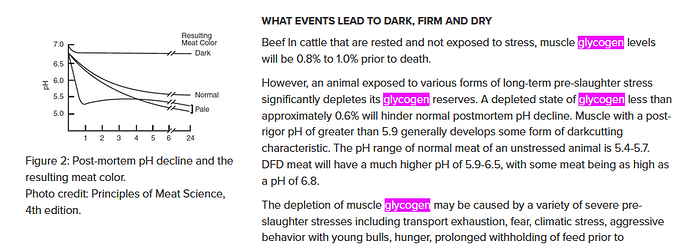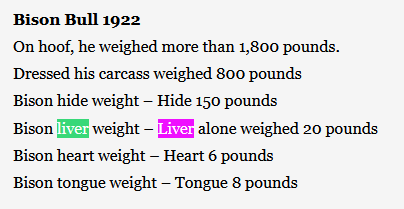The problem with going to visit the Hazda (or anything like this) is that you see what you want to see and ignore what you don’t. Saladino goes to the Hazda and sees a high carb diet apparently. Because that’s what his bias is. He apparently has to “prove” that he should be chugging honey, or whatever he’s doing now.
Listened to this podcast:
https://podbay.fm/p/peak-human-unbiased-nutrition-info-for-optimum-health-fitness-and-living/e/1615514801
In this, they actually measure the ketones of the Hazda, and they get low levels of ketones, meaning the people were on a diet low enough in carbs to be in what I would call ketosis. (They might not talk about measuring ketones here; I know they did, but I think they have 3-4 podcasts where they visited different tribes in Africa including the Maasai – who, by the way, they thought were healthier then the Hazda and ate basically meat – but somewhere in there they do discuss blood ketones.)
If you want a different viewpoint of the Hazda, listen to this episode.
I stopped listening to Saladino (1) when he said something I KNEW was not true, yet acted like he was the expert in that area (covid-related); (2) when he had Amber O’Hearn on the program, and was telling her we had to eat raw liver every day and you should only eat raw eggs, but not the whites, because they were bad for you. You could hear it in Amber’s voice: even she was like “Ah, what the heck are you talking about?” (Of course, she didn’t say that…)

 We have our limits at eating even when we do feasting/famine… So yep, I am with you.
We have our limits at eating even when we do feasting/famine… So yep, I am with you.
 Anyway, plants have other things in it though I don’t feel those being a problem for me.
Anyway, plants have other things in it though I don’t feel those being a problem for me.
